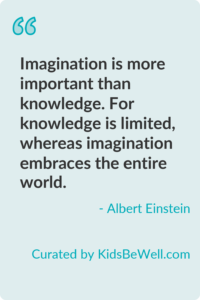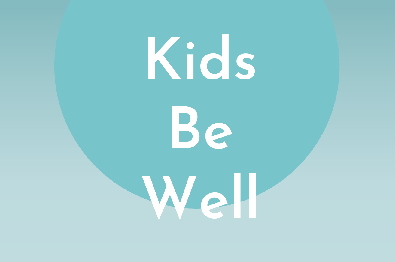In education, the role of the teacher is often viewed as someone who imparts knowledge, offers guidance, and helps students grasp new concepts. However, there’s a profound idea captured in the quote, “What the teacher is, is more important than what he teaches.” This statement shifts the focus from the content taught to the qualities and character of the teacher themselves. It emphasizes that the essence of teaching lies not just in the lessons conveyed, but in the example set, the relationships built, and the environment created.
The Influence of a Teacher’s Character
A teacher’s impact on students extends far beyond textbooks and lesson plans. Teachers, through their behavior, attitude, and demeanor, set examples for their students, who often look to them for guidance. Whether consciously or unconsciously, teachers influence their students' values, beliefs, and self-perception.
Teachers who show kindness, respect, and understanding can help build a positive classroom culture where students feel safe and valued. These qualities foster an environment where children are encouraged to think critically, express themselves, and engage with the subject matter more effectively. A teacher’s character can be a source of inspiration, encouraging students to mirror those positive traits in their own lives.
For instance, a teacher who emphasizes hard work and perseverance often instills a similar mindset in their students. The way a teacher handles failure, challenges, or conflict resolution in the classroom can have a lasting effect on students' approach to obstacles in their own lives.
Building Trust and Relationships
At the heart of teaching lies the relationship between a teacher and their students. This bond plays a crucial role in a child’s educational development. Trust is built not only through the teacher’s knowledge but also through their emotional intelligence, understanding, and ability to connect with students on a human level.
When teachers actively listen, offer encouragement, and show empathy, they build trust. This trust allows students to feel safe in asking questions, making mistakes, and growing intellectually and emotionally. The teacher becomes a guide in the journey of both academic and personal development. Without trust, even the best lesson plans or teaching methods fall short.
The Teacher's Presence and Impact
A teacher’s presence in the classroom is more powerful than just the lessons they impart. The energy, enthusiasm, and approachability of a teacher can either engage or disengage students from learning. A teacher’s enthusiasm can ignite a passion for learning in students, while a lack of passion can lead to a disengaged classroom environment.
Effective teachers use their presence to create an atmosphere that encourages students to explore, ask questions, and engage with the material. This connection is what makes teaching an art form, as it goes beyond rote learning and dives deep into inspiring students to embrace their full potential.
Role Modeling Beyond the Classroom
Teachers serve as role models in a variety of ways. They help students develop not only academic skills but also essential life skills, such as problem-solving, time management, and emotional regulation. They model how to interact with others, deal with stress, and manage setbacks. In many cases, a teacher is a student’s first exposure to leadership, responsibility, and professionalism.
Teachers who demonstrate qualities such as honesty, integrity, and empathy provide students with a model of how to behave not just in the classroom, but in society at large. These qualities have a lasting impact on students, shaping their character and contributing to their development as responsible individuals.
The Takeaway
The quote, “What the teacher is, is more important than what he teaches,” reminds us of the invaluable influence teachers have beyond their role as knowledge transmitters. It highlights the importance of the teacher’s character, their ability to build relationships, and the atmosphere they create in the classroom. A teacher’s presence is a powerful force in shaping the growth of students—not only academically but also emotionally, socially, and ethically. Teachers have the potential to instill confidence, inspire curiosity, and nurture a sense of responsibility in their students, ultimately helping to shape future generations in profound ways.












